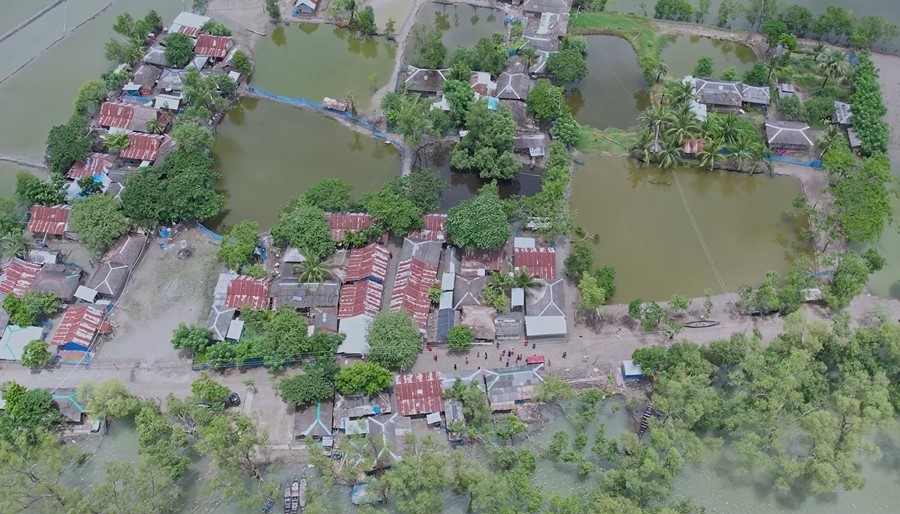Risks from solar-powered groundwater irrigation: Emissions reductions may not meet expectations, and groundwater use will likely increase
Solar-powered groundwater irrigation is expanding exponentially in low- and middle-income countries (LMICs), creating opportunities and risks. In South Asia, more than 500,000 small stand-alone pumps have already been installed (see the figure). In Sub-Saharan Africa, solar pumps are gaining traction to expand food production and alleviate poverty.



